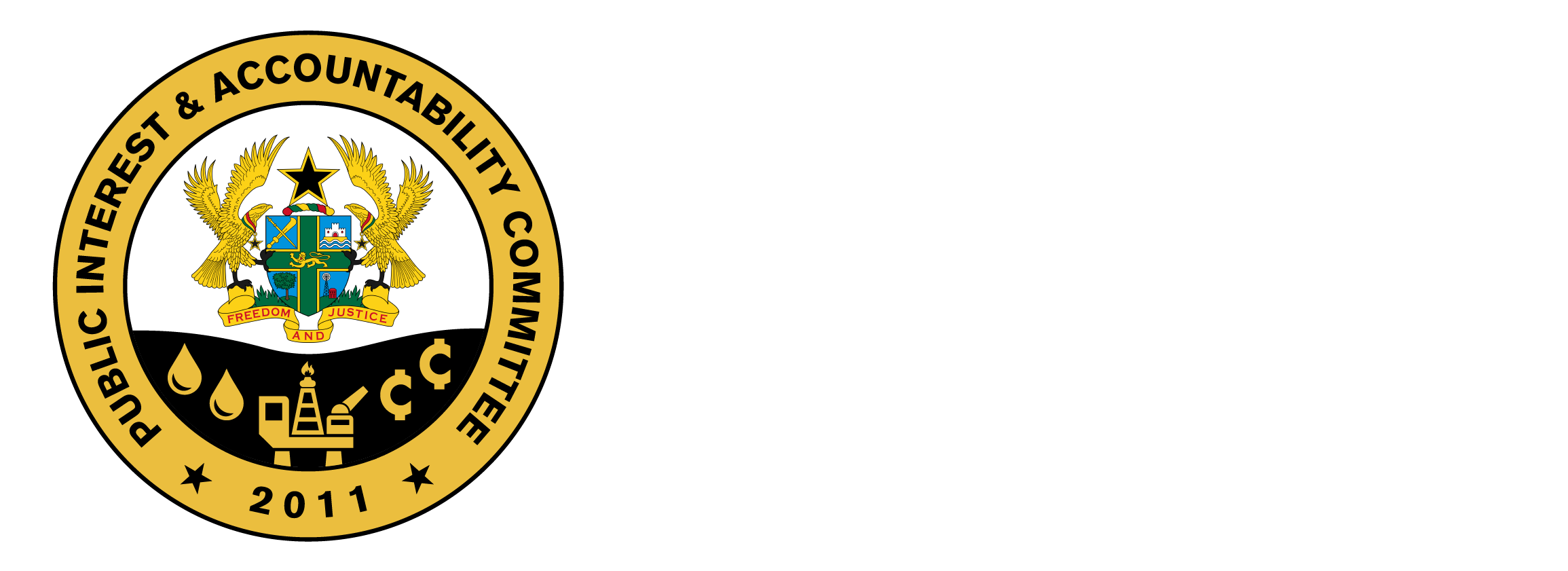Domestic crude oil production increased by 10.7 percent in first-half 2024, reaching 24.86 million barrels (bbls).
The trend, if sustained, will reverse a four-year decline in production volumes, the Public Interest and Accountability Committee (PIAC) has reported.
This development marks a sharp turnaround from the 13.2 percent drop recorded during the same period of 2023. The rise is largely driven by the newly operational Jubilee South East (JSE) project.
The production boost has also led to a significant increase in petroleum revenues – totalling US$840.8million in H1 2024, up 55.6 percent from US$540.5million in H1 2023.
PIAC attributes this increased revenue to the JSE project’s contributions.
The latest gains, according to the newly elected chairman of PIAC Constantine Kudzedzi, signify the importance of new infrastructure projects in reviving the country’s oil sector.
He added that the JSE project’s successsupports PIAC’s long-held position – advocating for increased government efforts that attract new investment to sustain growth and maximise output.
After several years of declining output, the JSE project’s impact may reshape national revenue streams and contribute to economic planning, says Mr. Kudzedzi. He projects that if things stay the same throughout the year under review, further gains could be chalked up.
Domestic crude oil production had been in steady decline, falling from a peak of 71.44 million barrels in 2019 to just 48.25 million barrels in 2023.
The prolonged downturn led to concerns within the industry, prompting PIAC and stakeholders to convene a Technical Consultative Workshop aimed at identifying solutions to reverse the trend.
Following the meeting, PIAC issued a communique calling for urgent reforms in Ghana’s legal, regulatory and fiscal framework to make the sector more attractive for investors.
In its 2024 Semi-Annual Report, PIAC highlighted that unpaid surface rental fees remain a significant issue; with total arrears reaching US$1.2million.
The Committee noted that no funds were allocated to the arrears during the period, which it says undermines Ghana’s economic diversification goals.
PIAC also raised concerns over the Ghana Stabilisation Fund (GSF) cap, which remains at US$100million – below the US$530.1million recommended under the Petroleum Revenue Management Regulations of 2019.
PIAC urged parliament to address this discrepancy, recommending the cap be revised to align with statutory requirements.
The public watchdog also observed that the Ghana National Petroleum Corporation (GNPC) has yet to establish a reserve fund as mandated under Section 18 of PNDCL 64. Without such a reserve, it says, GNPC’s capacity to cover long-term expenditures will be at risk; particularly as petroleum revenue allocations for GNPC’s expenditures may cease by 2026.
The Committee also called for greater oversight on the Discounted Industrial Development Tariff (DIDT), which was supposed to be suspended by the Ministry of Energy in 2023. Despite this directive, GNGLC has continued invoicing at the discounted rate.
PIAC recommended that the Ghana Revenue Authority (GRA) act swiftly to recover outstanding surface rental payments and ensure timely payments as stipulated by regulation.
To further promote industrialisation, PIAC’s chair emphasised the importance of the Annual Budget Funding Amount’s (ABFA) consistent disbursement to support the Industrialisation Priority Area.
Additionally, PIAC urged parliament to review or reject any cap on the GSF that conflicts with statutory provisions, directing the Minister of Finance to align with the Petroleum Revenue Management Regulations.
SOURCE: B&FT


